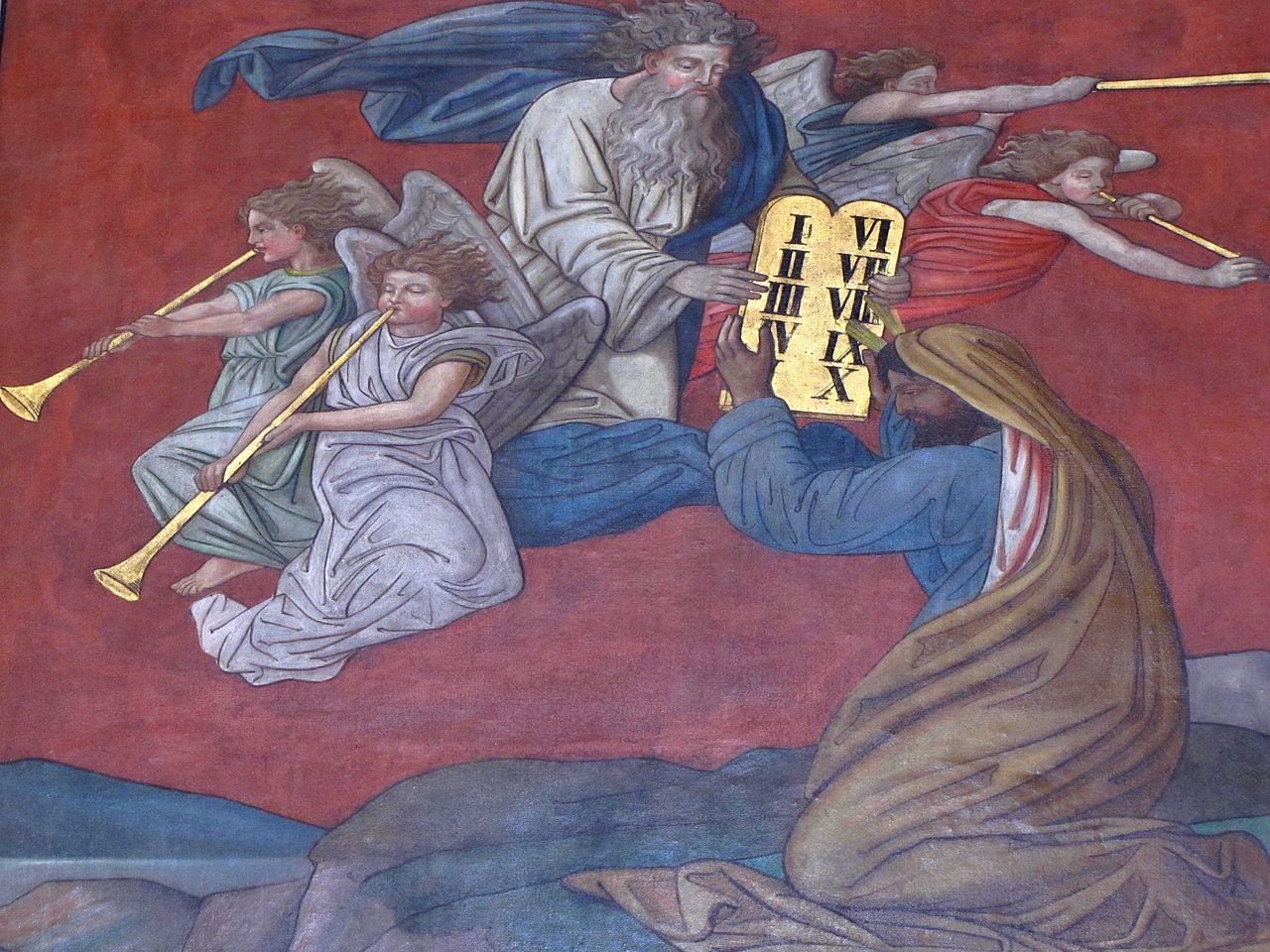Psalm 6 (Prime Monday):
Domine ne in furore tuo arguas me
Vulgate
|
Douay-Rheims
|
Magistro chori. Fidibus. Super
octavam. PSALMUS. David.
|
Unto the end, in verses, a
psalm for David, for the octave.
|
Dómine, ne in furóre tuo árguas
me, * neque in ira tua corrípias me.
|
O Lord, rebuke me not in your
indignation, nor chastise me in your wrath.
|
2 Miserére mei, Dómine,
quóniam infírmus sum : *
|
Have mercy on me, O Lord, for I
am weak: heal me, O Lord, for my bones are troubled.
|
3 Et ánima mea turbáta est
valde : * sed tu, Dómine, úsquequo?
|
And my soul is troubled
exceedingly: but you, O Lord, how long?
|
4 Convértere, Dómine, et
éripe ánimam meam : * salvum me fac propter misericórdiam tuam.
|
Turn to me, O Lord, and deliver
my soul: O save me for your mercy's sake.
|
5. Quóniam non est in
morte qui memor sit tui : * in inférno autem quis confitébitur tibi?
|
For there is no one in death that
is mindful of you: and who shall confess to you in hell?
|
6 Laborávi in gémitu meo,
lavábo per síngulas noctes lectum meum : * lácrimis meis stratum meum rigábo.
|
I have laboured in my groanings,
every night I will wash my bed: I will water my couch with my tears
|
7 Turbátus est a furóre
óculus meus : * inveterávi inter omnes inimícos meos.
|
My eye is troubled through
indignation: I have grown old amongst all my enemies.
|
8 Discédite a me, omnes,
qui operámini iniquitátem : * quóniam exaudívit Dóminus vocem fletus
mei.
|
Depart from me, all you workers
of iniquity: for the Lord has heard the voice of my weeping.
|
9 Exaudívit Dóminus
deprecatiónem meam, * Dóminus oratiónem meam suscépit.
|
The Lord has heard my
supplication: the Lord has received my prayer.
|
10 Erubéscant, et
conturbéntur veheménter omnes inimíci mei : * convertántur et erubéscant
valde velóciter.
|
Let all my enemies be ashamed,
and be very much troubled: let them be turned back, and be ashamed very
speedily.
|
Psalm 6 is the first of the penitential psalms.
St Benedict picks up the central image of this psalm, the man who spends his
nights weeping for his sins, in his chapter on the tools of good works, where
he instructs us to ‘confess our past sins to God daily with tears and
sighs’.
St Benedict goes to some trouble
to include it in Monday Prime, moving Psalm 5 to Lauds in order to accommodate it
on Monday. I think the reasons for this
are several. First, the psalm can be interpreted at the collective level as a plea for the Messiah to
come and free us from Hades, so fits in with the general theme of the Incarnation on Mondays in the
Benedictine Office: through Christ’s coming the devil is confounded and turned
back, a phrase that echoes through many of the psalms of the day. Secondly, the flood of tears of verse 6 can perhaps
be viewed as a reference to one of the other major themes of the day, the gift of
baptism. Thirdly, the call to conversion
and repentance can perhaps be seen as a final preparation for the mini-renewal
of monastic vows/promises each week at Terce.
St Augustine:
Intimates the day of judgment, that is, the time of the coming of our Lord, when He will come to judge the quick and dead.St Thomas Aquinas:
In Psalm 6 is seen the effect of a person punished for sins, then led into enemies' hands, and finally obtaining freedom by penance. Psalm 6 is the first in a series of seven Penitential Psalms. These so termed seven psalms can refer to seven gifts of the Sacred Spirit. All the seven Penitential Psalms commence in a spirit of sadness. So, after wailing within a spirit of penance, a person arrives to a kingdom of glory. Because: "Blessed are those who mourn for they shall be “conforted."…Now, Psalm 6 is divided into three parts. First is presented the idea of penance; and second, an idea of tears. There: "I am weary with my mourning; every night I flood my couch with weeping.". Third, the results of such tears and penance is exposed. There: "Depart from me, all you workers of evil, for the Lord has heard the sound of my weeping".St Alphone Liguori:
According to the most probable opinion of the learned, this psalm, taken in the literal sense, properly refers to the penitence of David. Hence it is, conclusively, the prayer of the sinner who fears the blows of the divine justice, and who strives to become reconciled with his God. It is the first of the Penitential Psalms.
Fr Pius Parsch:
Argument and repentance - This song of fervent penance inspires the thought: Was today a day of sin? Vs 1-3: Lamentation of the suffering, repentant sinner, Vs 4-7: Argument of the prayer Vs 8-10: Confident of being heard
